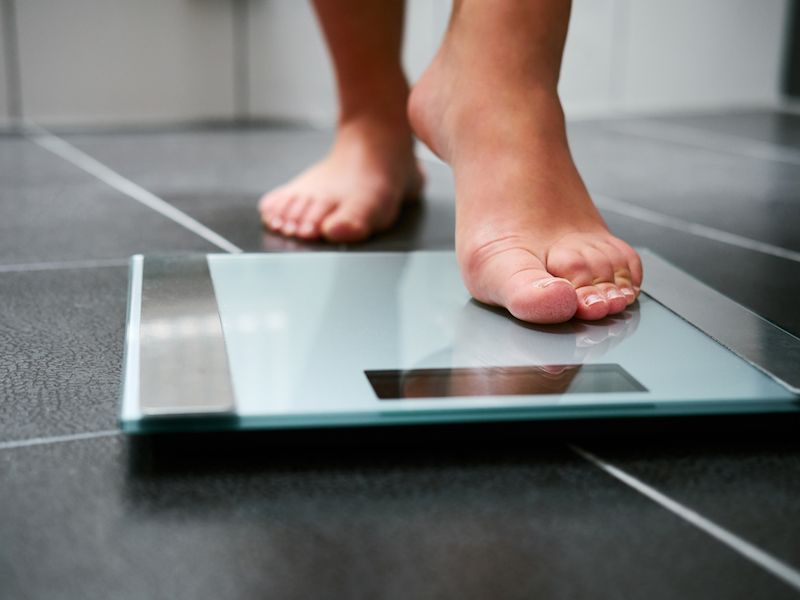
It’s well known, that over time, overeating will be unhealthy to your health. Obesity is associated with a number of health concerns. You can add hearing loss to diabetes, high cholesterol, and heart disease as a possible issue. It’s calculated that roughly 48 million people in the United States, loss of hearing is an obstacle for around 20% of the U.S population, and roughly double that number of adults, 93 million, are obese. These numbers are shocking and point to a significant health concern throughout the country.
How Is Obesity Linked to Loss of Hearing?
Various studies have demonstrated that hearing loss and being overweight have a relationship. While researchers are still studying the connection, it’s assumed that loss of hearing and being overweight have a connection because of its effect on our circulatory system. Additionally, hearing loss is linked to diabetes and high blood pressure which are known to be connected to obesity.
Sound in the ear is detected by small hairs inside the inner ear. These tiny hairs, called stereocilia, need a steady flow of blood and oxygen to work correctly. Due to obesity, the flow of blood is restricted in the body because, so they can get the blood flowing inside the body, the heart must do additional work, which means that there is less than ideal amount of blood flow available to your ear. The ears can be irreversible harmed in this way. Because each of these diseases impact the flow of blood, high blood pressure, heart disease, and diabetes impact the inner ear in a similar way.
Keeping your weight under control is particularly worthwhile as you get older since age-related hearing loss and a high index of fat mass are also related. Your body’s metabolism won’t work as fast or as well as it once did, which is why you need to attempt to stick with healthy habits that you started when you were younger.
Your hearing and your overall health are helped by good nutrition.
Treatments For Obesity-Associated Loss of Hearing
If your hearing loss is triggered by obesity, you may never be capable of getting it back, still, so that you can figure out how significant your hearing loss is, it’s essential to have your hearing tested. If the injury is irreversible, you may require a hearing aid or other device to begin hearing properly again.
If the injury is not that serious, you might have considered trying to consult your doctor before your health becomes worse, about developing a diet and exercise plan to minimize the impact your weight has on your health. Your doctor should set up a cardio intensive exercise regimen that will strengthen your overall health and get your blood pumping. You will probably find that other aspects of your life also improve, mental health, for example, since regular exercise has been proven to reduce depression.
How Can You Prevent Obesity-Related Loss of Hearing?
In order to stop obesity-related hearing loss day to day exercise and a nutritious diet are essential. staying healthy can also assist in keeping your ears in good shape. One way to get started is a consultation with a nutritionist who can help develop a plan that’s individualized for you and is targeted on assisting you to attain your goals. The nutritionist can make sure you’re consuming nutritious foods with the right blend of nutrients, like foods that are high in iron, because of course, a lack of iron in your diet can trigger tinnitus and cause hearing loss.
Discover more concerning hearing loss and the treatment options available to let you hear better.